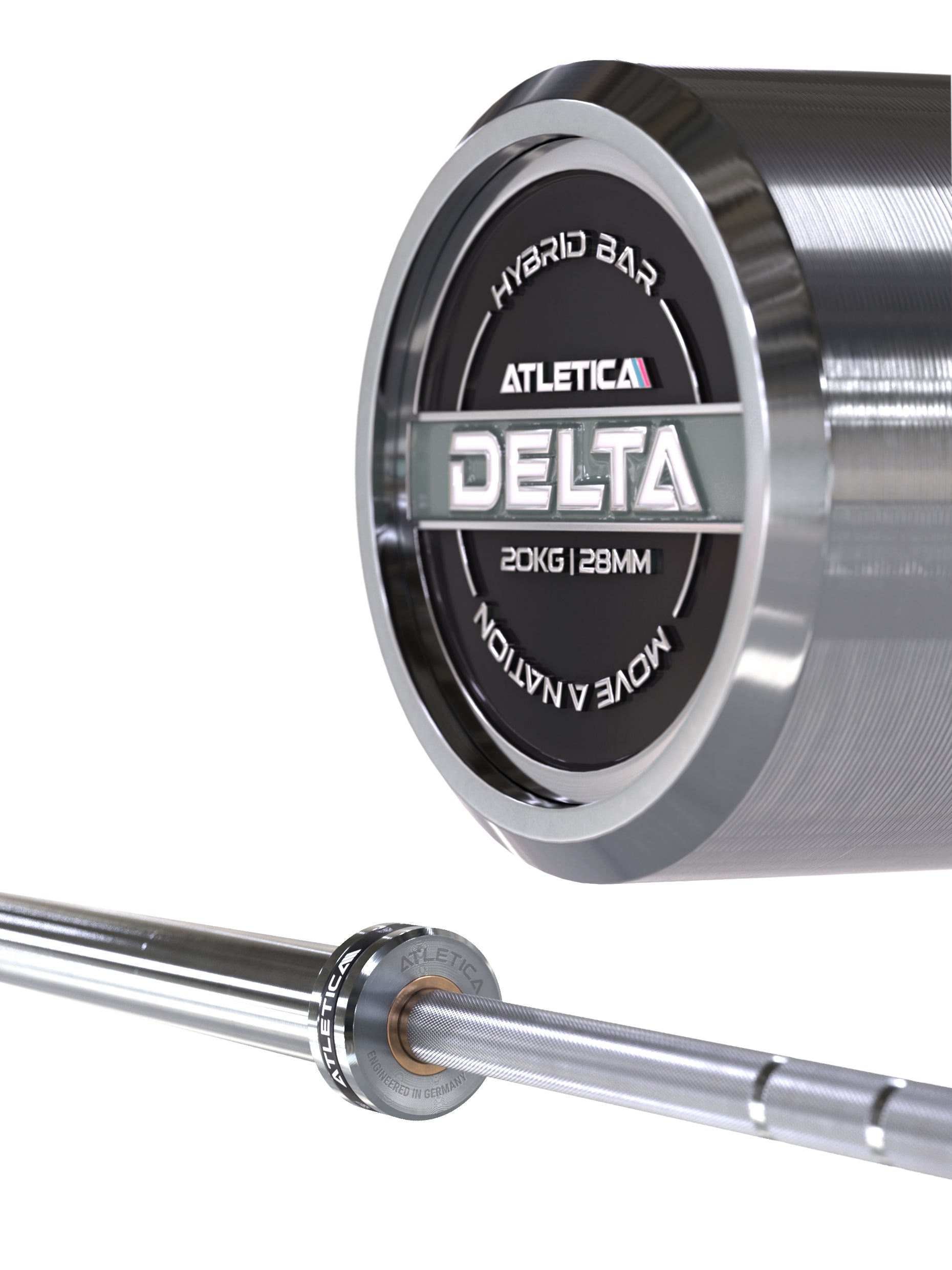A cheat day is a planned day on which you consciously interrupt your usual diet and allow yourself to eat high-calorie or "unhealthy" foods that aren't normally part of your diet. The concept is based on the assumption that occasional exceptions help activate your metabolism and reduce cravings by alleviating the mental stress of a strict diet. But how beneficial is a cheat day really, and what impact does it have on fitness?

1. What is a cheat day?
A cheat day is an "exceptional day" on which you deliberately interrupt your usual diet. While dieting or following a fitness program, many people follow a strict eating plan focused on a specific calorie count and the optimal distribution of macronutrients (proteins, carbohydrates, fats). On a cheat day, you can deviate from this plan and eat as you please—without counting calories or observing macronutrients.
Typical foods on a cheat day:
- Pizza, burgers and fast food
- Sweets and pastries
- Ice cream, chocolate and chips
- High-calorie drinks such as sodas, milkshakes and alcohol
Goal : The cheat day is intended to prevent cravings and strengthen mental discipline by allowing occasional exceptions.
2. Benefits of a cheat day
An occasional cheat day can actually have positive effects on physical and mental health – provided it is used strategically and not as a habit.
2.1 Psychological benefits
- Reducing cravings: If you know that you have a cheat day once a week or every two weeks, it will be easier to stay disciplined the rest of the days.
- Increased motivation: The prospect of a planned cheat day can serve as motivation to stick to your diet during the week.
- Avoiding binge eating: A controlled cheat day helps to avoid cravings that could result from long-term restrictions.
2.2 Physical benefits
- Activation of metabolism: Excess calories increase leptin levels (a hormone that regulates appetite), which can speed up metabolism.
- Preventing plateaus: An occasional calorie surplus prevents the body from going into “saving mode” and slowing down fat burning.
- Replenish glycogen stores: After intensive training sessions, a cheat day replenishes glycogen stores and increases training performance.

3. Disadvantages of a cheat day
However, an uncontrolled cheat day can also have negative effects – especially if it is used too often or too intensively.
3.1 Risk of overcompensation
- A cheat day should not be used as a free pass to consume extremely large amounts of junk food.
- A calorie surplus of several thousand calories in a single day can ruin your weekly calorie balance and slow fat loss.
3.2 Risk of cravings and loss of control
- A cheat day can trigger cravings and cause unhealthy eating habits to return.
- Having too many cheat days can weaken mental discipline and jeopardize the long-term success of a diet.
3.3 Water retention and flatulence
- Highly processed and salty foods often lead to water retention.
- High sugar consumption can reduce insulin sensitivity in the short term and lead to bloating and feelings of fullness.

4. Cheat Day vs. Cheat Meal – Which is better?
While a cheat day means you can eat whatever you want all day long, a cheat meal is limited to a single meal.
Cheat Day:
- Advantage : More flexibility and mental recovery
- Disadvantage : Higher risk of calorie surplus
Cheat Meal:
- Advantage : Easier to control and less calorie surplus
- Disadvantage : Less psychological effect
Recommendation: A cheat meal once or twice a week is more effective for most people than a whole cheat day.

5. Strategies for a successful cheat day
A cheat day can be part of a successful fitness plan – if you use it correctly.
5.1 Plan your cheat day correctly
- Consciously plan the cheat day on a day when you are physically active (e.g. after a heavy workout).
- Make sure that the cheat day does not become a “cheat weekend.”
- Avoid overeating on cheat day – listen to your body and only eat until you feel full.
5.2 Choose healthier cheat options
- Instead of fast food: homemade burgers or pizza with healthy ingredients.
- Instead of chocolate: dark chocolate (70% cocoa content or more).
- Instead of soft drinks: homemade smoothies or water with lemon juice.
5.3 Maintain control
- Don't count calories on cheat day, but keep control.
- Avoid extreme combinations of sugar and fat (e.g. ice cream and fried foods at the same time).
- Drink plenty of water to support your metabolism and avoid cravings.
6. Common cheat day mistakes
- Too many cheat days: One cheat day per week is enough – more could slow down progress.
- Complete loss of control: A cheat day is not an excuse for overeating.
- Too little exercise on cheat day: An active day helps you process the extra calories better.
- No return to the diet plan: After a cheat day, it is important to return to a healthy diet.

Conclusion on Cheat Day
A cheat day can have a positive impact on motivation and metabolism – provided it's used in a controlled and strategic way. A deliberately planned cheat day or an occasional cheat meal helps maintain dietary discipline and avoid cravings. The right balance between discipline and occasional exceptions ensures better training results and a sustainable diet in the long run.
Start your training and nutrition plan now – and treat yourself to a well-planned cheat day every now and then to keep your motivation and performance at a high level!






























































































